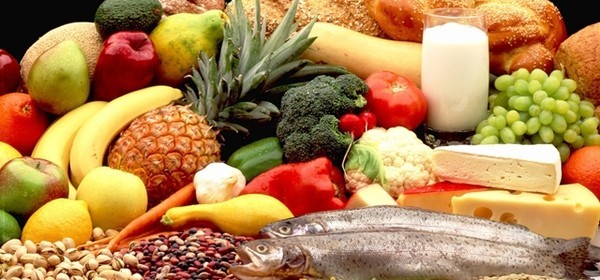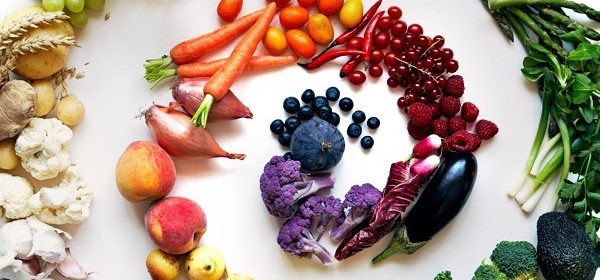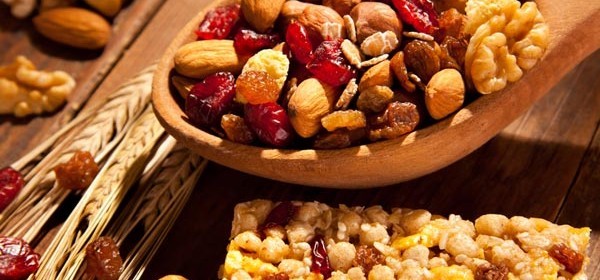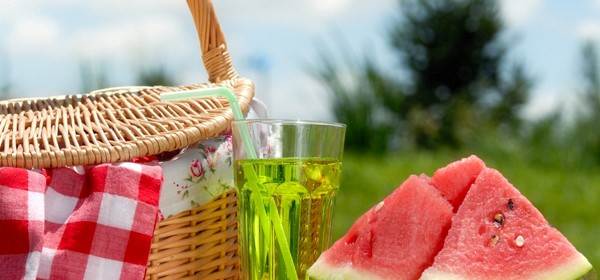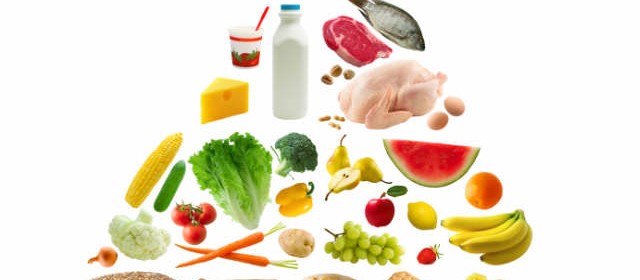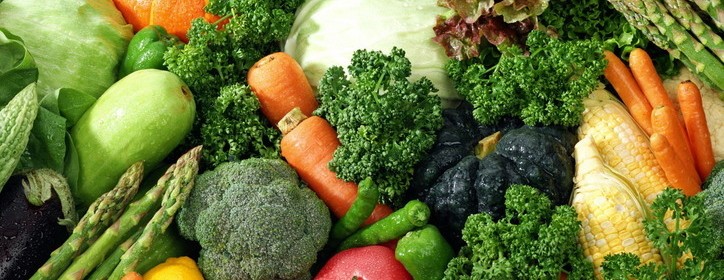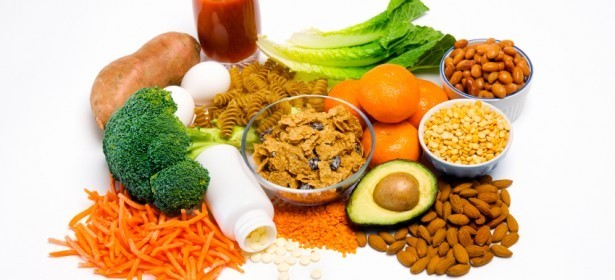Benefits of Eating Oatmeal Every Morning

Oats are often considered to be a breakfast cereal: but a little known fact is that it is exceptionally beneficial as a regular meal option too. A rich source of nutrients and full of wholesome goodness that not only keeps your body healthy, oats are a good way to fill your stomach well.
Here are some of the more significant benefits of oats.
– They are a low calorie food. A serving of oats is just 130 calories, and these calories aren’t empty – they actually help fuel your body with energy.
– Oats can fill your stomach well, and leaves you feeling full for a good number of hours after your meal. This is especially good because it keeps cravings at bay.
– Oats are incredibly rich in fiber, which is very good for the body since it aids digestion and keeps the bowel movements in check.
– The best part about oats is that they comprise low levels of fat and high levels of protein, which ensures that your body gets the right kind of energy resource that is not converted into fats. It is among the few grains in the world with the highest protein levels.
– Oats also help stabilize the extent of blood sugar and keeps diabetes (type 2) at bay by helping the body slow down the conversion of the whole food into sugar. Furthermore, it also has a high amount of magnesium which helps the body in using glucose properly and to encourage insulin secretion.
– Oats is also a great cholesterol removing agent. It gets rid of the bad cholesterol while leaving the good cholesterol untouched. This is because of a unique fibre in oats, called beta-glucans.
– Oats are also gluten-free and safe, so it is a perfect option for people with gluten intolerance and celiac disease.
– It is also scientifically proven that oats can help keep heart disease and cancer at bay, through the presence of lignans, which are strong agents that fight against hormone-dependant cancers and heart disease.
– Oats also contain a unique set of antioxidants that are beneficial for heart disease. It is scientifically proven that there is a considerable decline in the extent of heart diseases in people who made it a point to include a bowl of oats in their diet.
– There are tremendous boosts to the immune system by including oats in one’s dietary regimen, for the presence of beta glutens and neutrophils helps keeps infections at bay.
Here’s a nifty recipe you can use to craft a clever meal out of oats!
Tomato and Oats Sandwich
Ingredients
– 12 slices of whole wheat bread
– butter for toasting/ grilling
– sliced tomatoes
– sliced onion (rings)
– 3 potatoes, coarsely mashed (about 200 grams) – added the potatoes in grams
– 1 Packet Saffola Masala Peppy Tomato Oats
– 1 teaspoon grated ginger
– 2 green chillies, finely chopped
– 1/4 teaspoon turmeric powder
– 5 to 6 curry leaves, finely chopped
– a small bunch of coriander leaves, finely chopped
– salt to taste
– 1 teaspoon Saffola oil
– 1 teaspoon mustard seeds
– 1 teaspoon urad dal
– 1 teasoon channa dal
– 1/4 teaspoon asafetida
– Method for the spicy potato filling
Method:
Take a deep pan and heat up some oil. Add the mustard seeds, urad dal and channa dal and allow them to roast until they are lightly golden brown. Next, add ginger, curry leaves, green chillies and asafoetida. Add turmeric, salt and potatoes and the oats. Stir the mixture until all the ingredients are well blended. Cover the pan, turn the heat to low and simmer for a few minutes. Allow it to cool once cooked.
Next, take a slice of bread on a flat surface and add a bit of the potato filling on top of the slice and spread it. Lay on top of it a few slices of tomatoes and onion rings. If you’d like to, sprinkle salt or pepper and cover with the other slice of bread, and then place another slice of bread atop this. Grill the sandwich, with or without butter, and you’re good to go!
References:
http://www.fitfoodie.in/recipe/peppy-tomato-oats-sandwich/?utm_source=Outbrain&utm_medium=CPC&utm_content=OatsSandwich&utm_campaign=Outbrain-FitFoodie
http://www.care2.com/greenliving/oatmeal-everyday-powerfood.html
Picture Courtesy: cassandrebeccai.com

